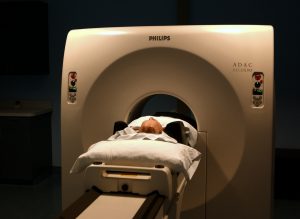 There are always risks involved when it comes to medical procedures. MRCP or Magnetic Resonance Cholangiopancreatography doesn’t come without any risks but compared to ERCP or Endoscopic retrograde cholangiopancreatography, it is believed to be a much safer alternative.
There are always risks involved when it comes to medical procedures. MRCP or Magnetic Resonance Cholangiopancreatography doesn’t come without any risks but compared to ERCP or Endoscopic retrograde cholangiopancreatography, it is believed to be a much safer alternative.
Continue reading
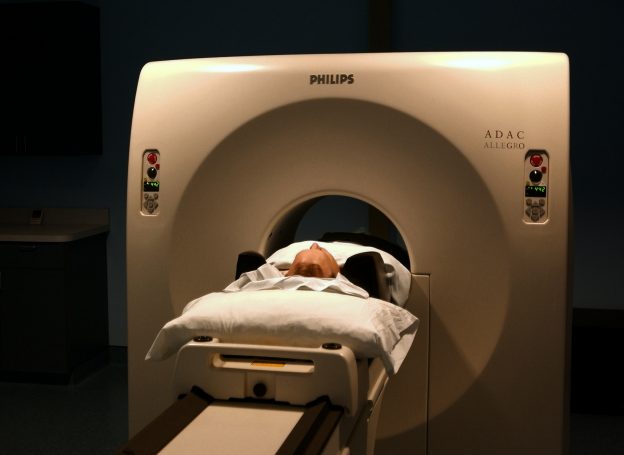
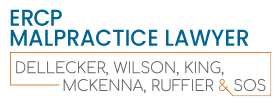

 Most patients undergo ERCP to diagnose pancreatic and bile ducts which act as passageways for bowel movement, and treat complications in the gall bladder, bile duct and pancreas. However, 10-15% of these patients are at risk of post-ERCP Pancreatitis (PEP).
Most patients undergo ERCP to diagnose pancreatic and bile ducts which act as passageways for bowel movement, and treat complications in the gall bladder, bile duct and pancreas. However, 10-15% of these patients are at risk of post-ERCP Pancreatitis (PEP).


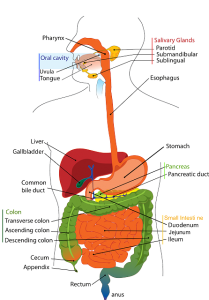

 Regular consultation with a doctor can help in identifying the right procedure to be done for patients who experienced sudden or erratic pains in the abdomen area. It is critical to take abdominal symptoms seriously. Many interconnected organs are present in this part of our body that may affect one another. If checked properly by a physician, they can pin point the exact body part with a problem for treatment. Early detection will prevent further damage to other organs and to immediately relieve severe pains encountered by the patient.
Regular consultation with a doctor can help in identifying the right procedure to be done for patients who experienced sudden or erratic pains in the abdomen area. It is critical to take abdominal symptoms seriously. Many interconnected organs are present in this part of our body that may affect one another. If checked properly by a physician, they can pin point the exact body part with a problem for treatment. Early detection will prevent further damage to other organs and to immediately relieve severe pains encountered by the patient.
 According to studies, women are more inclined to developing gallstones than men because of hormonal changes. The fluctuations of hormones during pregnancy put them even more at a higher risk.
According to studies, women are more inclined to developing gallstones than men because of hormonal changes. The fluctuations of hormones during pregnancy put them even more at a higher risk. 
 Complications may arise after any surgical procedure but with proper guidelines, thorough patient education, and strict compliance, the risk for developing certain acute and even life-threatening complications can be prevented.
Complications may arise after any surgical procedure but with proper guidelines, thorough patient education, and strict compliance, the risk for developing certain acute and even life-threatening complications can be prevented.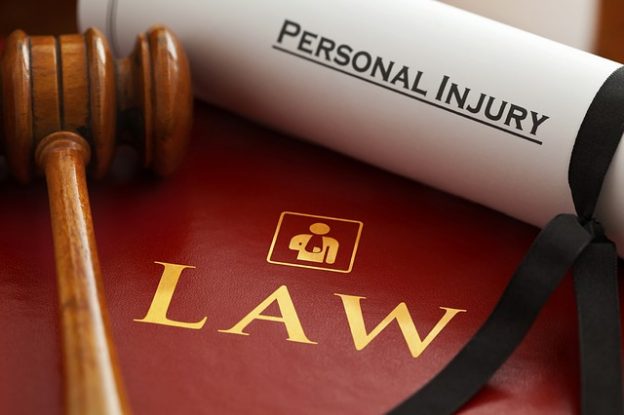
 ERCP Malpractice, or medical malpractice in the use of endoscopic retrograde cholangiopancreatography, can lead to serious injuries. ERCP is a medical process for diagnosing and treating problems with the pancreas, liver, or gallbladder. However, if the procedure is negligently performed, patients treated by ERCP may suffer serious injury. Injuries may include pancreatitis, infections, and internal bleeding.
ERCP Malpractice, or medical malpractice in the use of endoscopic retrograde cholangiopancreatography, can lead to serious injuries. ERCP is a medical process for diagnosing and treating problems with the pancreas, liver, or gallbladder. However, if the procedure is negligently performed, patients treated by ERCP may suffer serious injury. Injuries may include pancreatitis, infections, and internal bleeding.
 Endoscopic Retrograde Cholangiopancreatography (ERCP) is a high risk diagnostic and therapeutic procedure used to determine and treat biliary problems. It is not intended for diagnosis alone, your physician must have a secure recommendation that immediate treatment will follow right after the procedure or the ERCP would not be worth the risk.
Endoscopic Retrograde Cholangiopancreatography (ERCP) is a high risk diagnostic and therapeutic procedure used to determine and treat biliary problems. It is not intended for diagnosis alone, your physician must have a secure recommendation that immediate treatment will follow right after the procedure or the ERCP would not be worth the risk.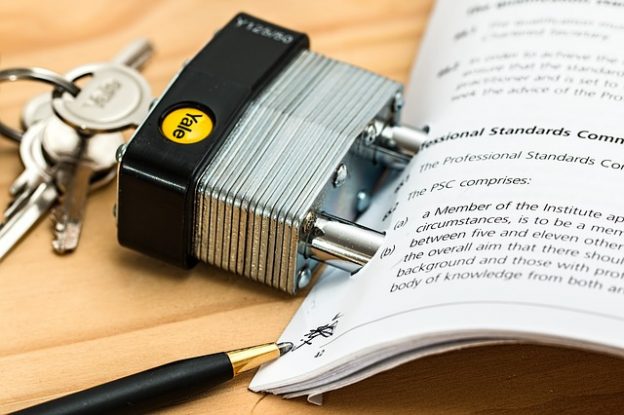
 Endoscopic retrograde cholangiopancreatography, or ERCP, is a medical process for diagnosing and treating problems with the pancreas, liver, or gallbladder. If this procedure is negligently performed, it may lead to severe, and even life-threatening complications such as pancreatitis, infections, and internal bleeding.
Endoscopic retrograde cholangiopancreatography, or ERCP, is a medical process for diagnosing and treating problems with the pancreas, liver, or gallbladder. If this procedure is negligently performed, it may lead to severe, and even life-threatening complications such as pancreatitis, infections, and internal bleeding.